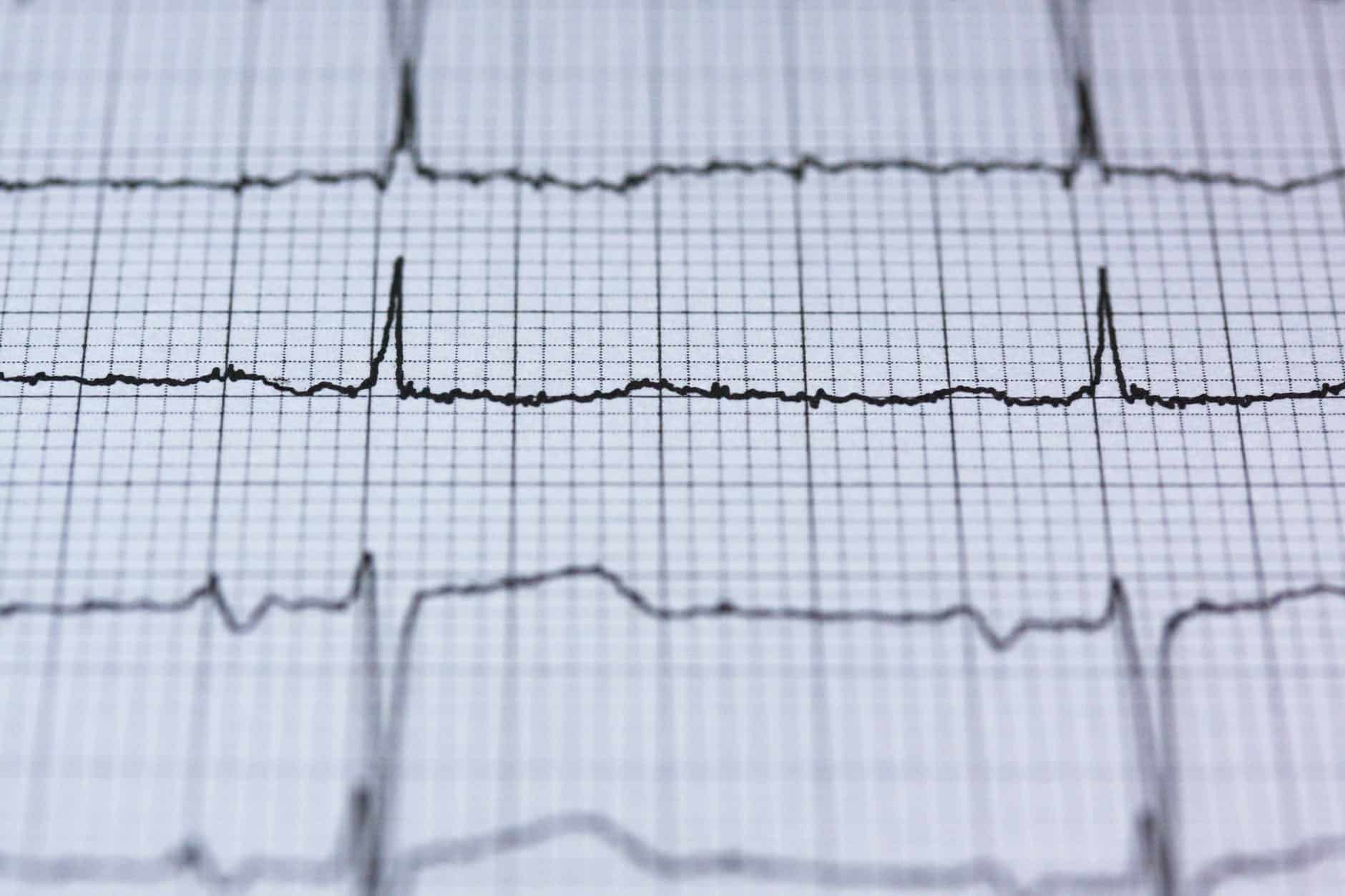4 Steps to Take If Your Heart Surgery Failed

Although heart surgery is inherently invasive, modern medicine has allowed for a relatively high success rate. In one review, researchers determined that the survival rate one year after open-heart surgery was approximately 97 percent.
Because the success rate is so high, you have every reason to be concerned if your heart surgery failed. Not only could your health be jeopardized, but there’s also a chance that the complications you experienced were entirely preventable.
If you think medical malpractice could be to blame for your failed heart surgery, take the following steps as soon as possible:
-
Seek Medical Attention
Your surgeon may have been the one to inform you that the procedure failed, but you don’t necessarily have to return to him or her for follow-up care. If you have reason to believe the physician made a mistake, seek care elsewhere—and promptly.
Once you do find a new doctor, be sure to follow their medical advice over the course of your treatment. This includes attending every scheduled appointment and taking all medication as prescribed. Taking such measures can reduce the likelihood of facing a dispute over the mitigation of damages.
-
Compile Evidence of Negligence
Your legal team will need strong evidence of negligence to support your claim. It’s not enough that your heart surgery failed; your attorney must prove how the surgical team—or the providers in charge of your rehabilitation—deviated from the most widely accepted standards of care in the field.
Your lawyer will also have to prove that the outcome would have been different if the negligence had not happened. Evidence to support your claim may include:
- Medical records;
- Diagnostic images;
- Deposition from the surgical team;
- The facility’s standard operating procedures; and
- Deposition from other medical experts.
You should also save all correspondence with the surgical team and the facility where the operation took place.
-
Track the Resulting Damages
Save all relevant bills, statements, receipts, and invoices documenting your costs such as medical expenses, lost wages, and replacement services. As for recording your non-economic damages, start a personal injury journal, and write detailed entries about your symptoms and the ways in which the failed surgery has affected your everyday life.
-
Consult a Personal Injury Lawyer
In Florida, victims of medical malpractice typically have two years from the date on which the cause of action was discovered—or should have been discovered—to file a lawsuit. Because critical evidence may be time-sensitive, though, it’s wise to consult a dedicated personal injury attorney as soon as you suspect your surgery has failed. This will give your legal team the chance to obtain time-sensitive evidence.
Discuss Your Case with a Medical Malpractice Attorney in Florida
If your heart surgery failed, contact Emerson Straw to determine the most strategic way to proceed. We have recovered more than $27 million on behalf of our clients in personal injury and wrongful death cases. Call (727) 821-1500 now, or fill out our Contact Form to schedule a free consultation with a medical malpractice lawyer.
